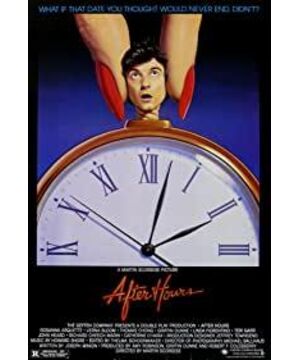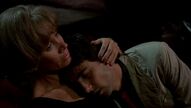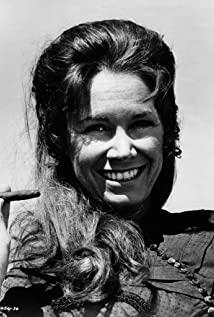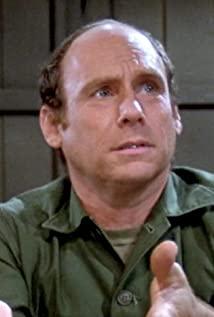In Paul's fantasy, he will spend a night of ecstasy with this lady Marcy who can talk about literature with him in a gentleman manner. But lost 20 dollars in his taxi-money: as a symbolic proof of a place in the capitalist world, after that, as an "outsider", he entered an absurd world of bottom/marginal people in.
The first is Marcy. She is a much more "complex" woman than Paul imagined. She (and later the waitress in the restaurant) all told Paul (Paul's dress and attire symbolizes rational and safe petty bourgeois status) Call for help, but Paul only listened patiently to their unfortunate experience on the surface, but in fact he was afraid of them and wanted to return to his safe and clean home as soon as possible. Paul’s cleanliness is the best manifestation of his attitude towards the female body: when she helped Marcy’s roommate Qi Qi massage, his praise was "you have a beautiful body", and Qi Qi's answer was "Yes. No strange scars", and when Marcy saw the disgusting scars in the Burns Treatment Manual in Marcy’s room, he made up his mind to leave her (he brought the topic back to "I'm coming here to get a paperweight", It turns out that this is just an excuse to make an appointment). The skin here carries a strong moral meaning. Maybe Paul can accept her experience (of course, accept it in a negative way-"Just leave it, I can’t see it anyway, maybe it’s not true"), but see Her unfortunate "externalization" gave this clean addict a fatal blow.
The two women I met afterwards had similar attitudes towards Paul. They enthusiastically helped him and hoped that he would save himself from his painful life. But after suffering from the actor’s huyan, even indifferent and rude response, Marcy chose to commit suicide, and the hostess and ice cream girl took advantage of their advantages in this territory to avenge Paul-slander He is a thief, and he is called upon to catch him. This may also be the fantasy of white-collar workers and middle-class women at the bottom: their enthusiasm and temptation are always accompanied by excessive demand for them, and they are "barbaric" and dangerous. On the one hand, they want to vent their depression during the day, and on the other hand, they want to keep a distance from them so as not to fall into their world.
On this "after-get off work" night, the rational, stable, and orderly world that sheltered them during the day disappeared. He came to an "unreasonable" world of abuse, violence, theft, sexual addiction, and killing. Paul missed the safe home more and more, and needed more and more comfort in others.
Paul finally met the last woman of the night in the ballroom—a "strange" woman who always sat in the corner of the ballroom without being noticed in July. Tired physically and mentally, he didn't want to escape this time. He just wanted to sit down and chat with her quietly. For the first time this evening, he was sincerely (not hypocritical to Marcy) gentle to a woman. He was made into a statue in July to help him escape the hunt, but it is absurd that it is also due to the "overprotection" of July (the world at night is always excessive, and the world during the day is always moderate). It was taken away as a statue by a thief. In this irrational world, even if you treat people sincerely, you may not get satisfactory returns.
Finally, at dawn, when the company was about to open the door, he was thrown at the door of the company, the statue was shattered, and he was free again. The newspaper and words on the statue covered his body, and finally he "breaks out of the cocoon" from the inside. This is exactly the re-"symbolicization", that is, the symbol of regaining his status as a member of society. The social machine captured him again, ignoring his dirty body and the bizarre experience last night, the computer screen lit up "Hello, Paul", the background music was the rational and elegant "Aria on the G String", Paul again It becomes a part of the social machine as it is taken for granted.
Zizek said in the Paris terrorist attack that the horror of one night in Paris may be the whole life of refugees. Does Scorsese's "After get off work" tell the wrong story too? Paul did not "dead like a dog" like the employees of the company in Kafka's writings, and the darkness he has visited may be the same darkness in his daytime.
View more about After Hours reviews











